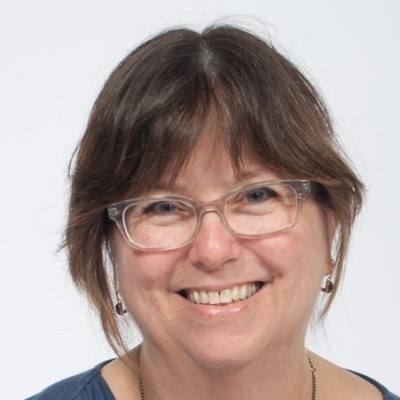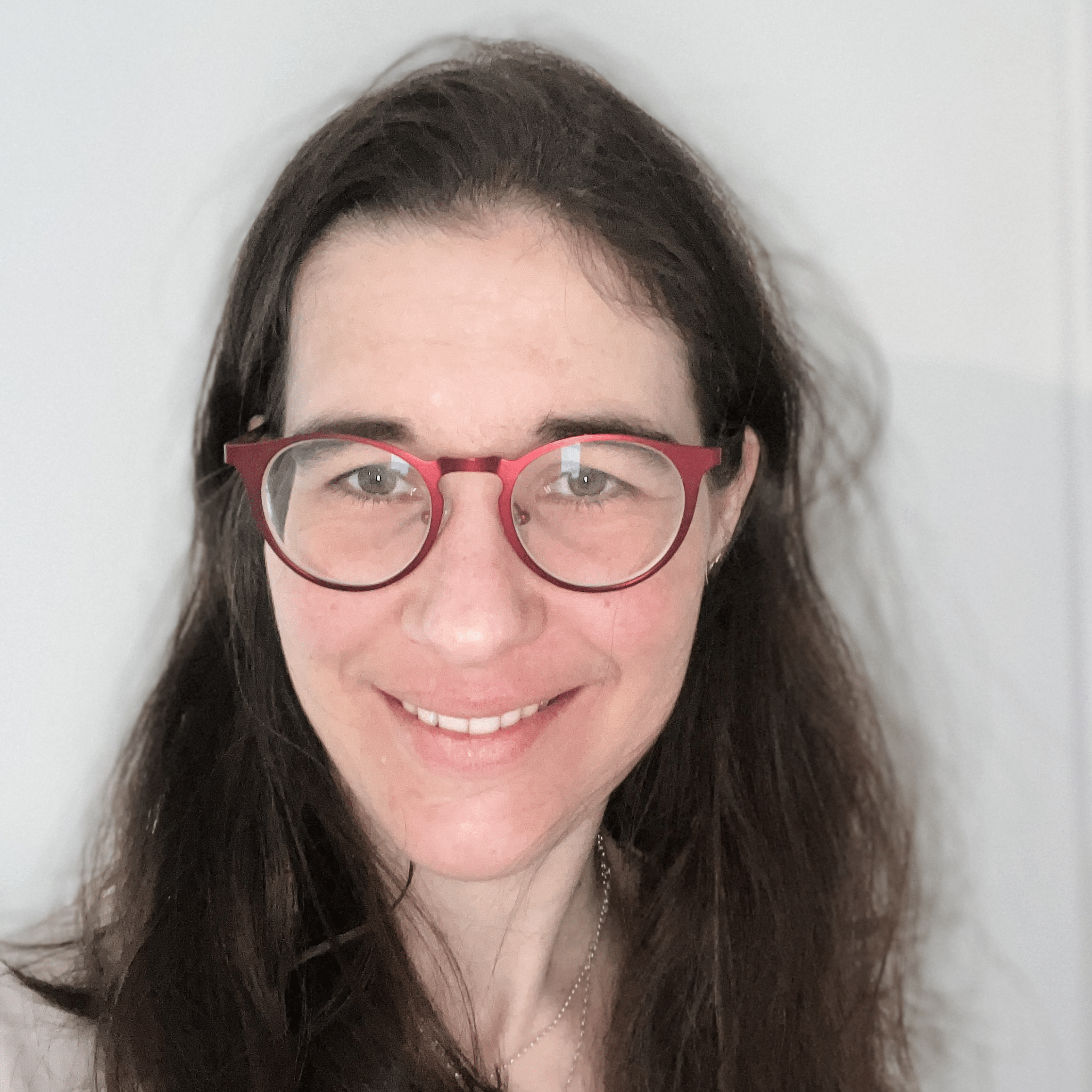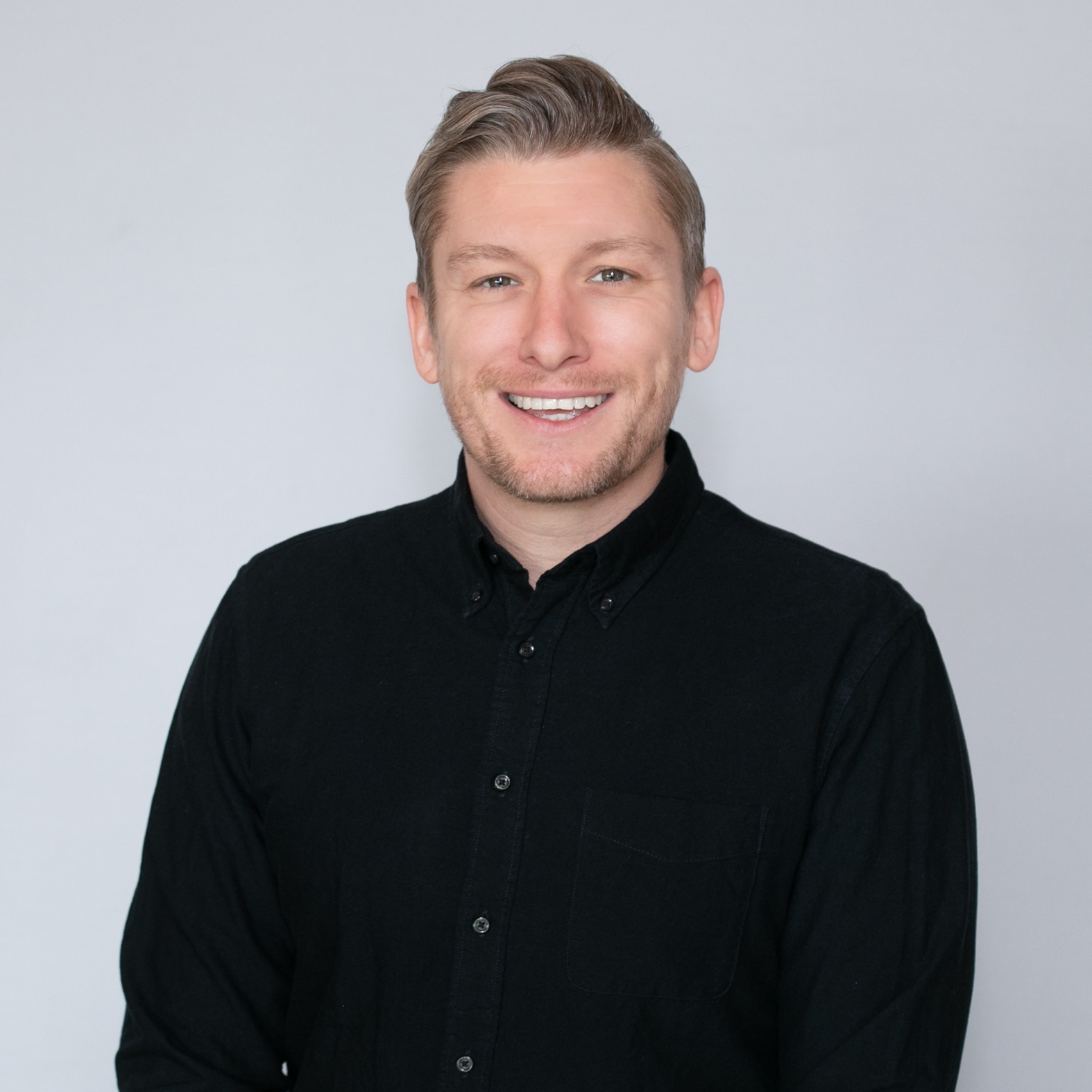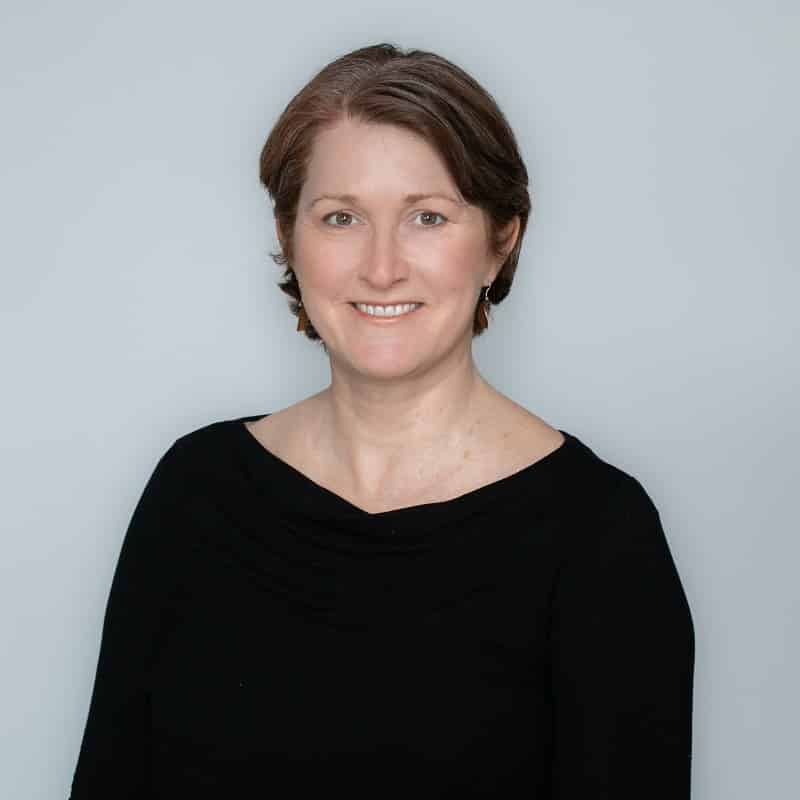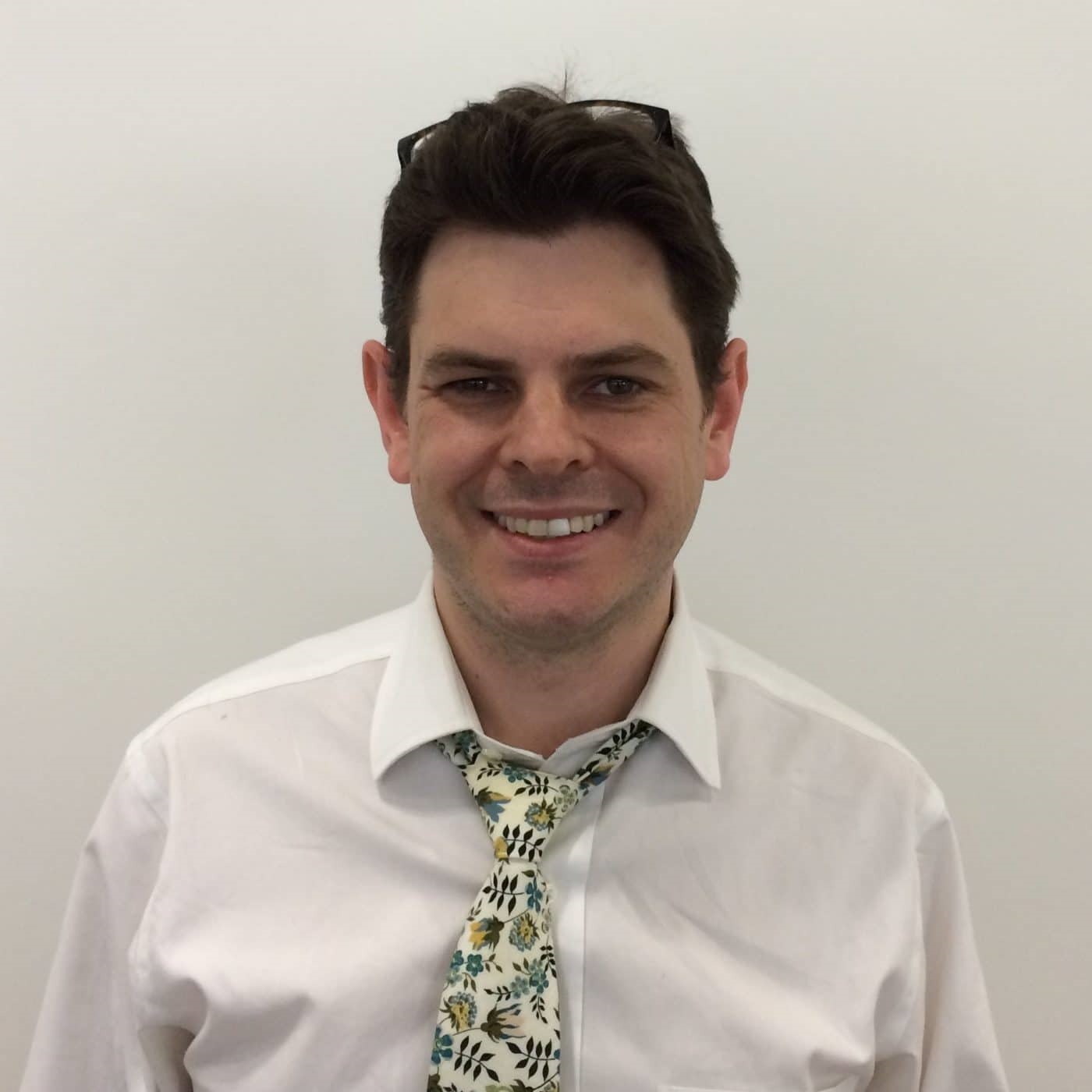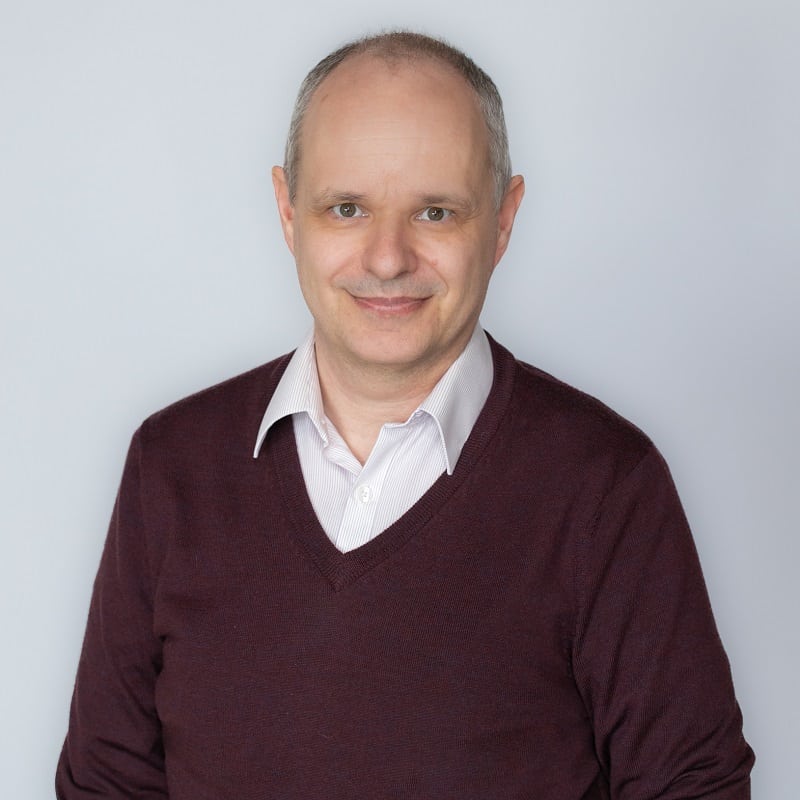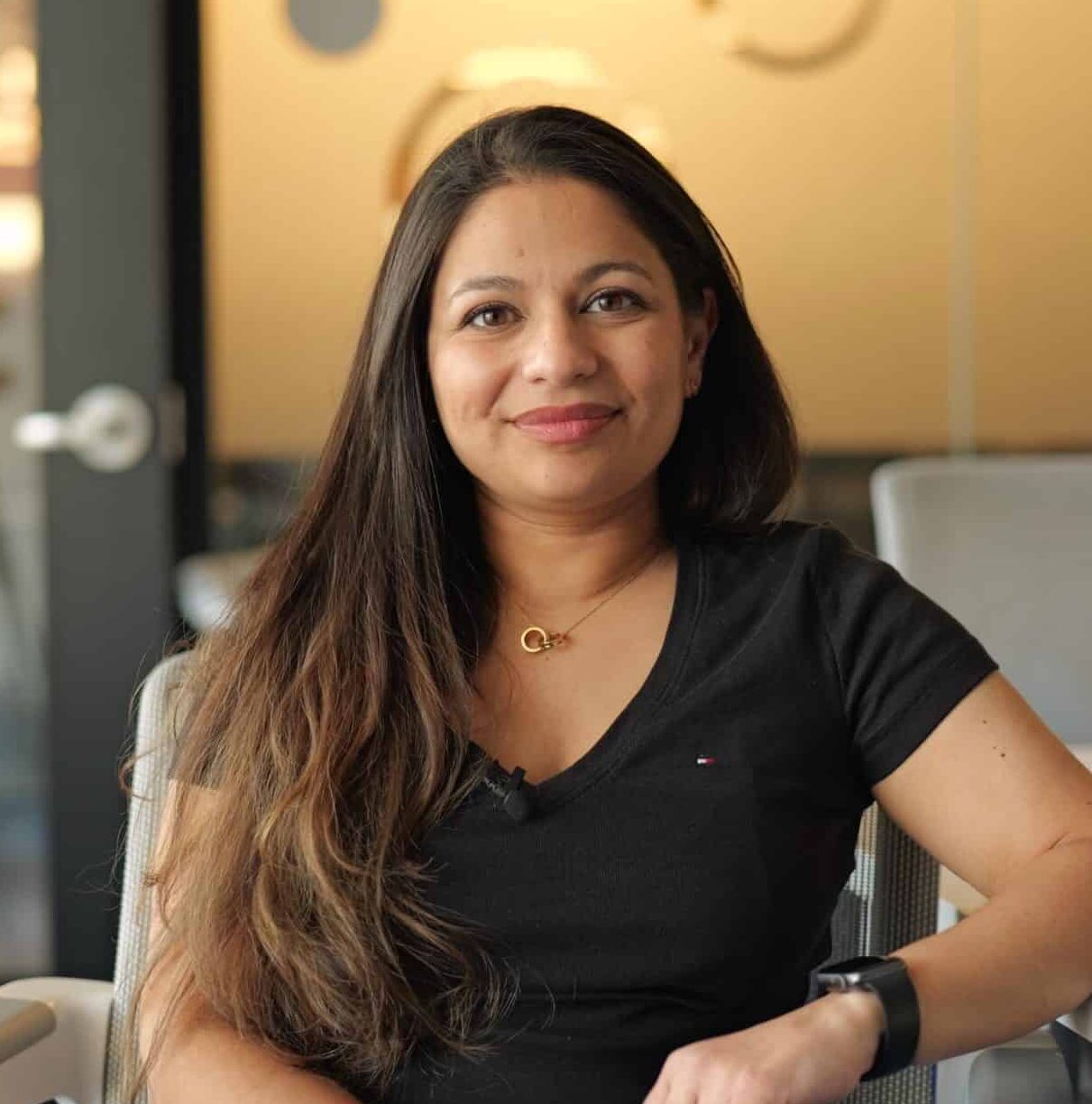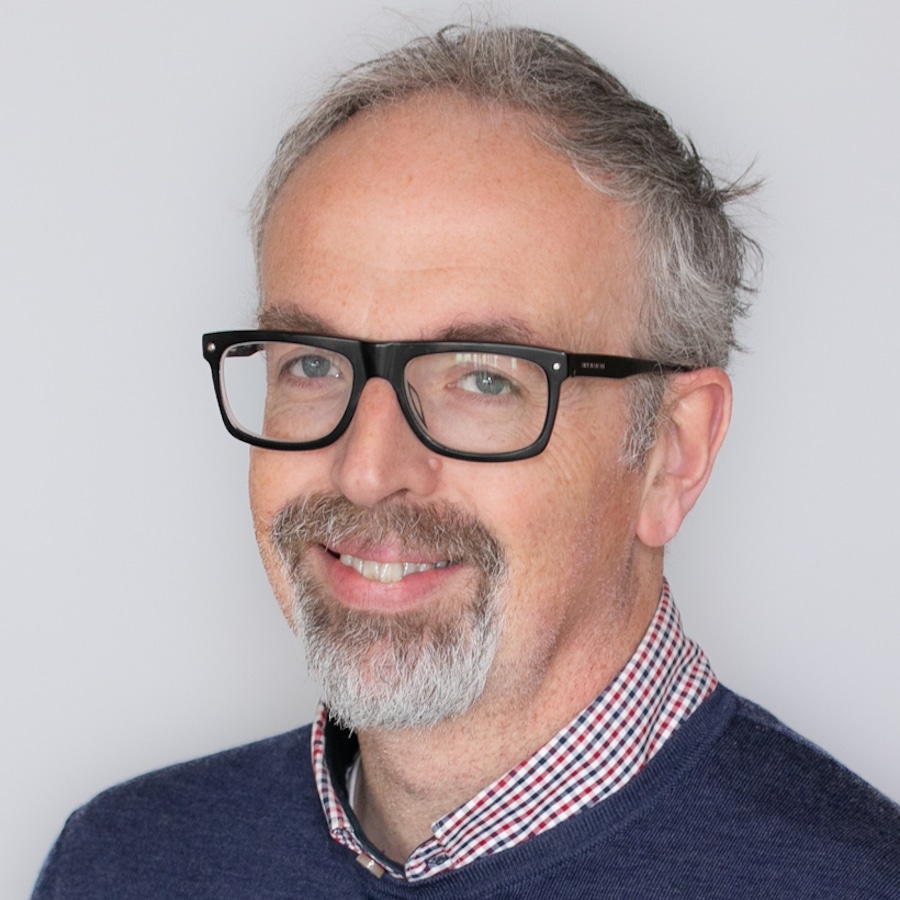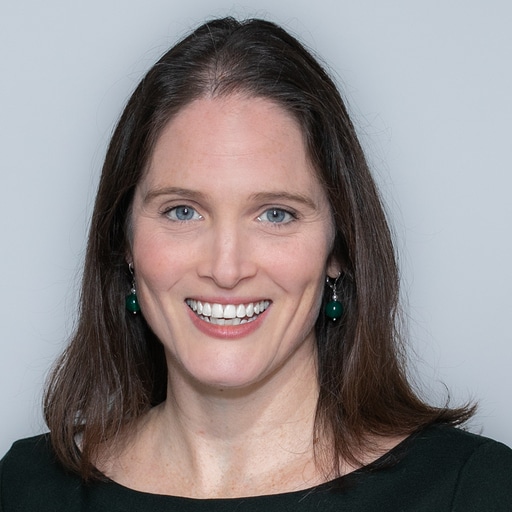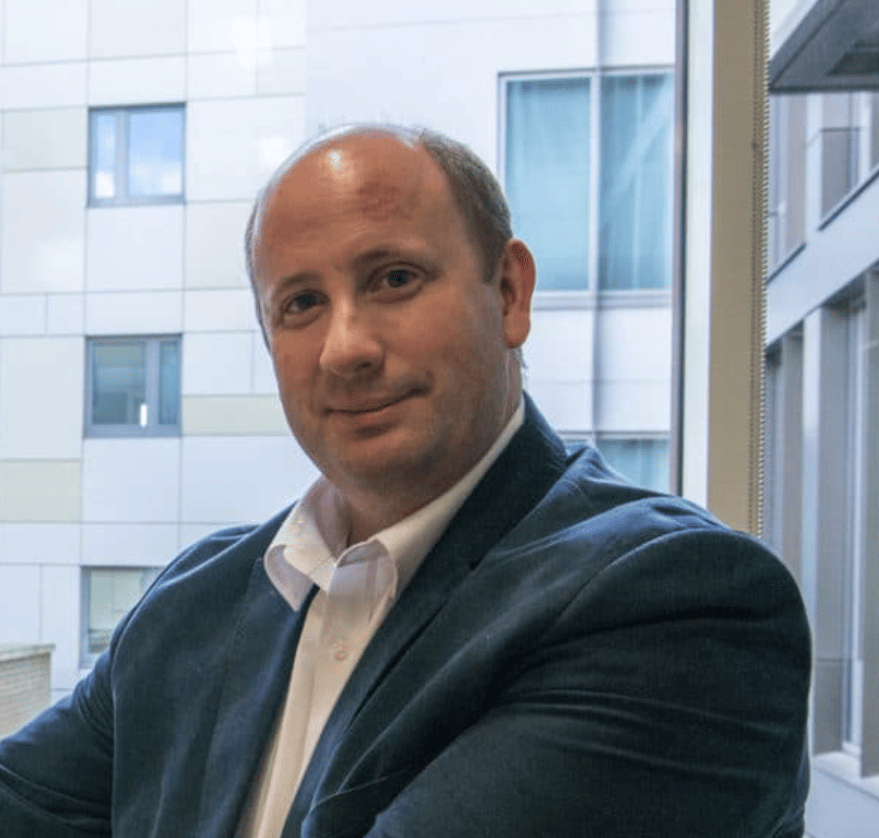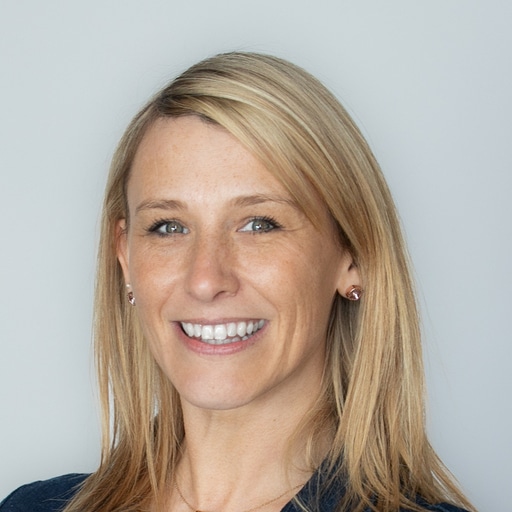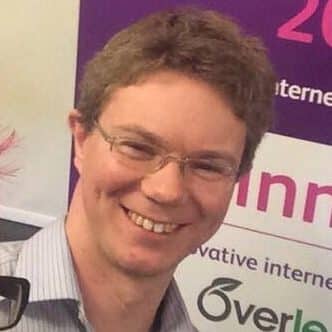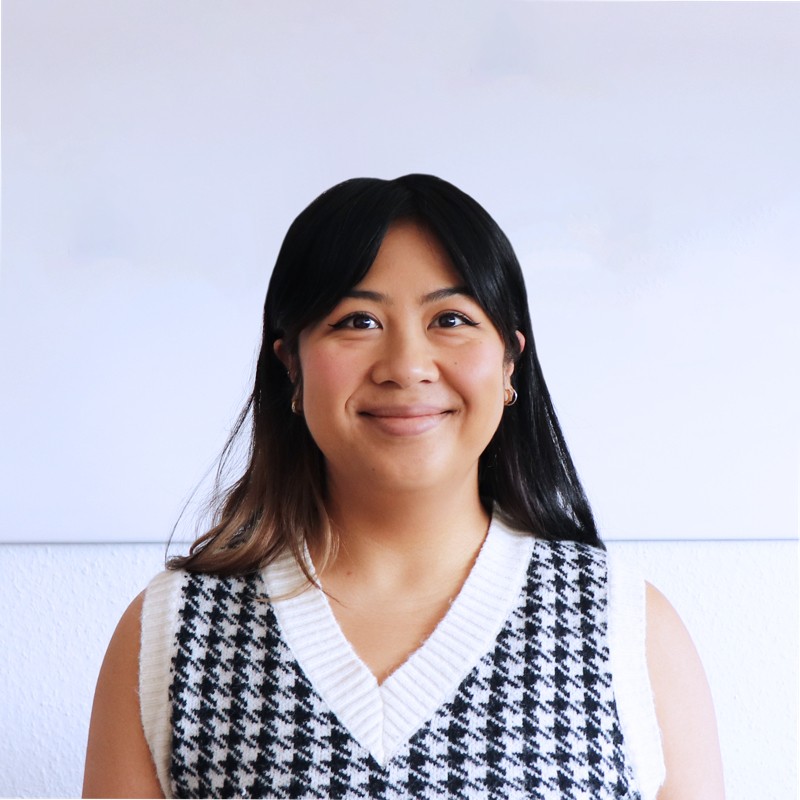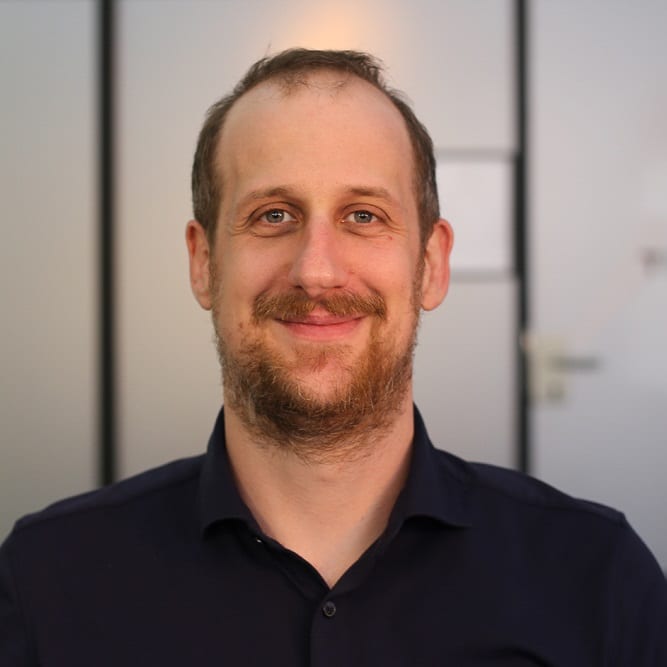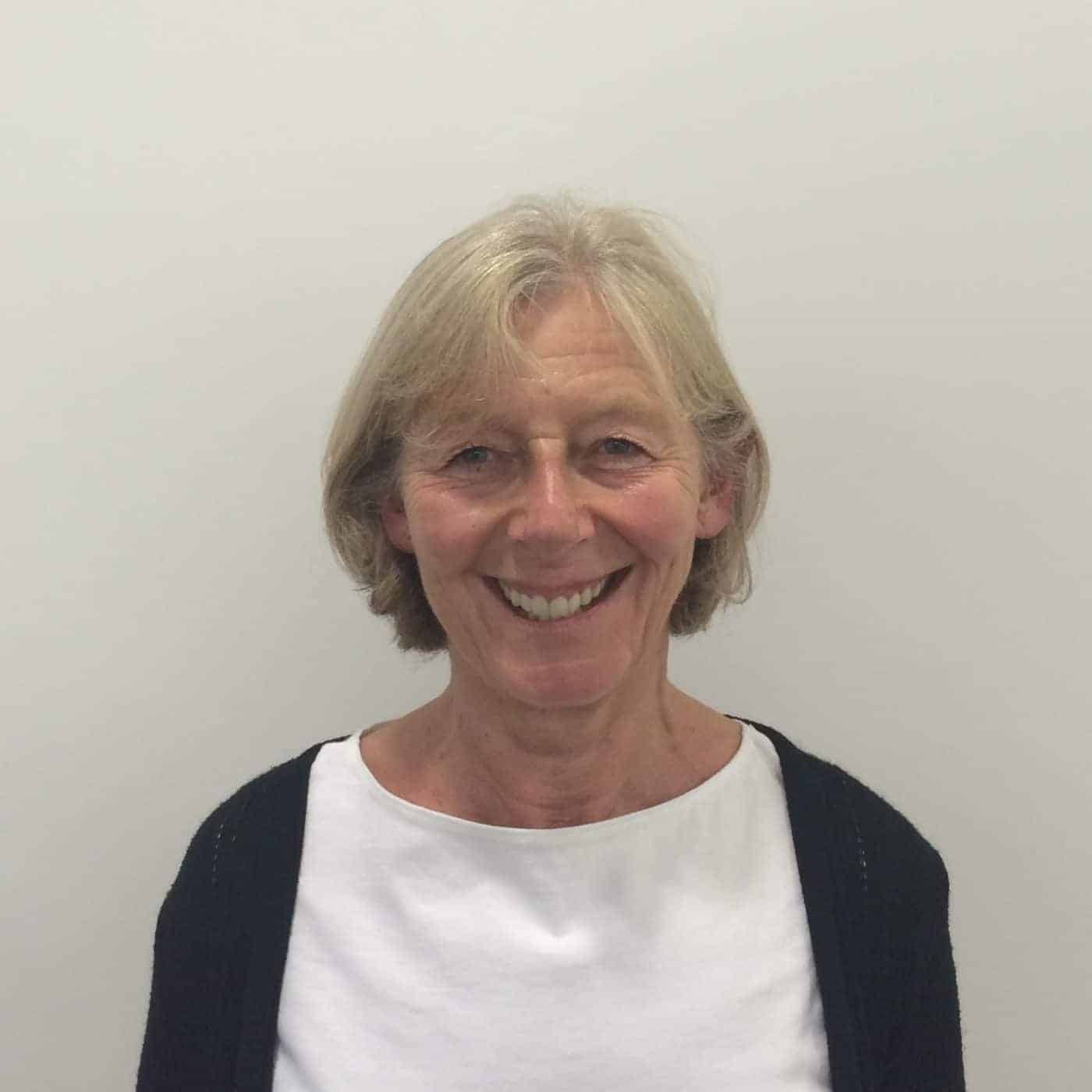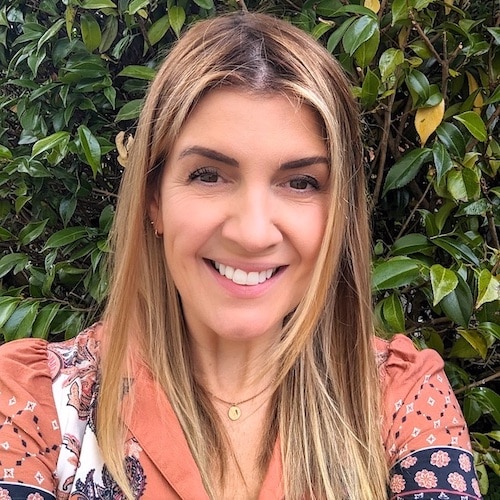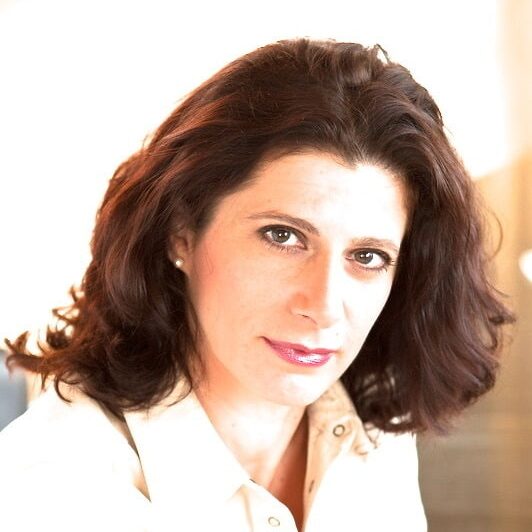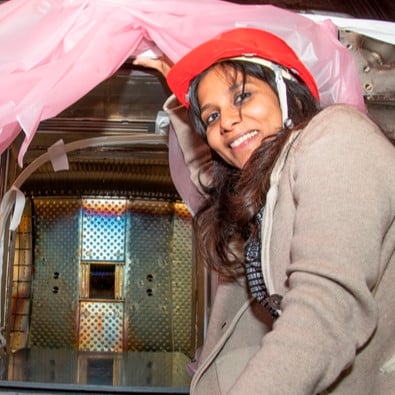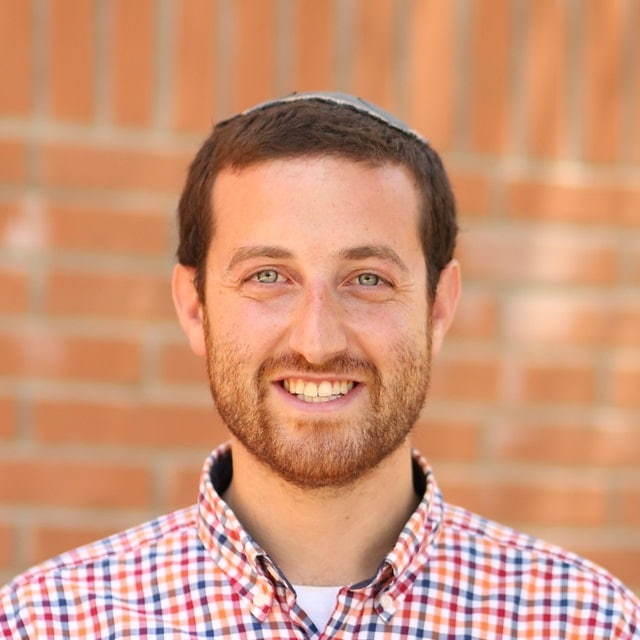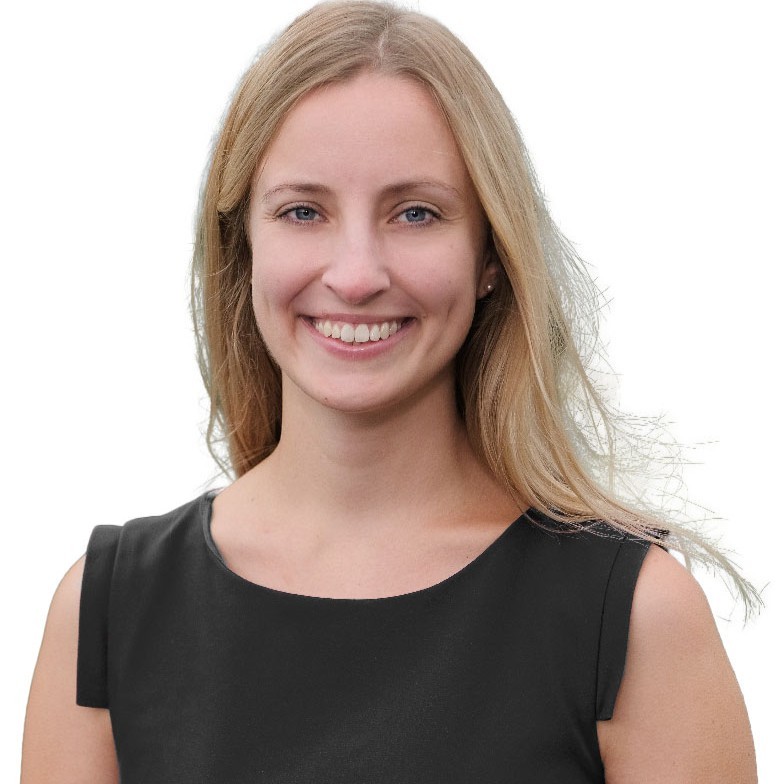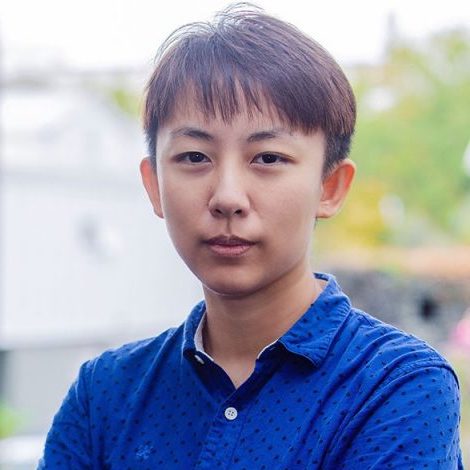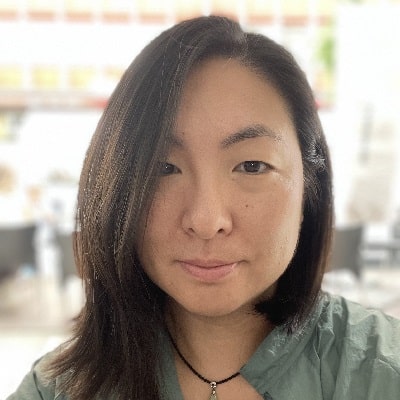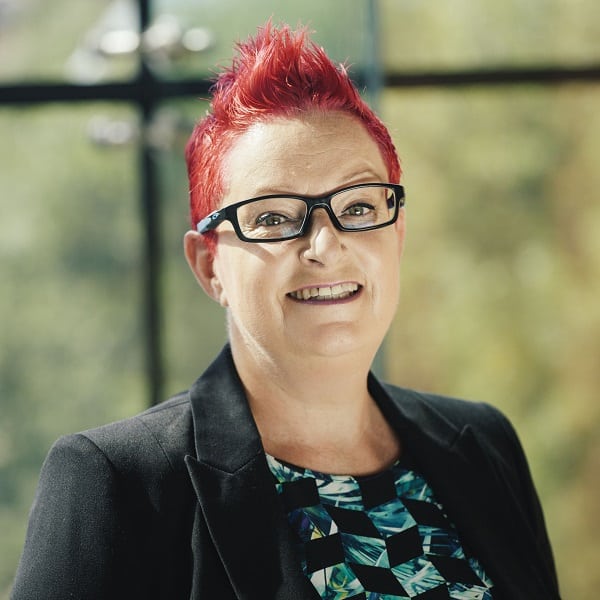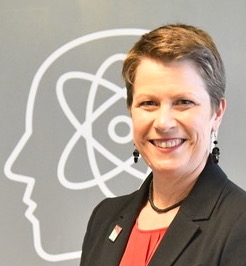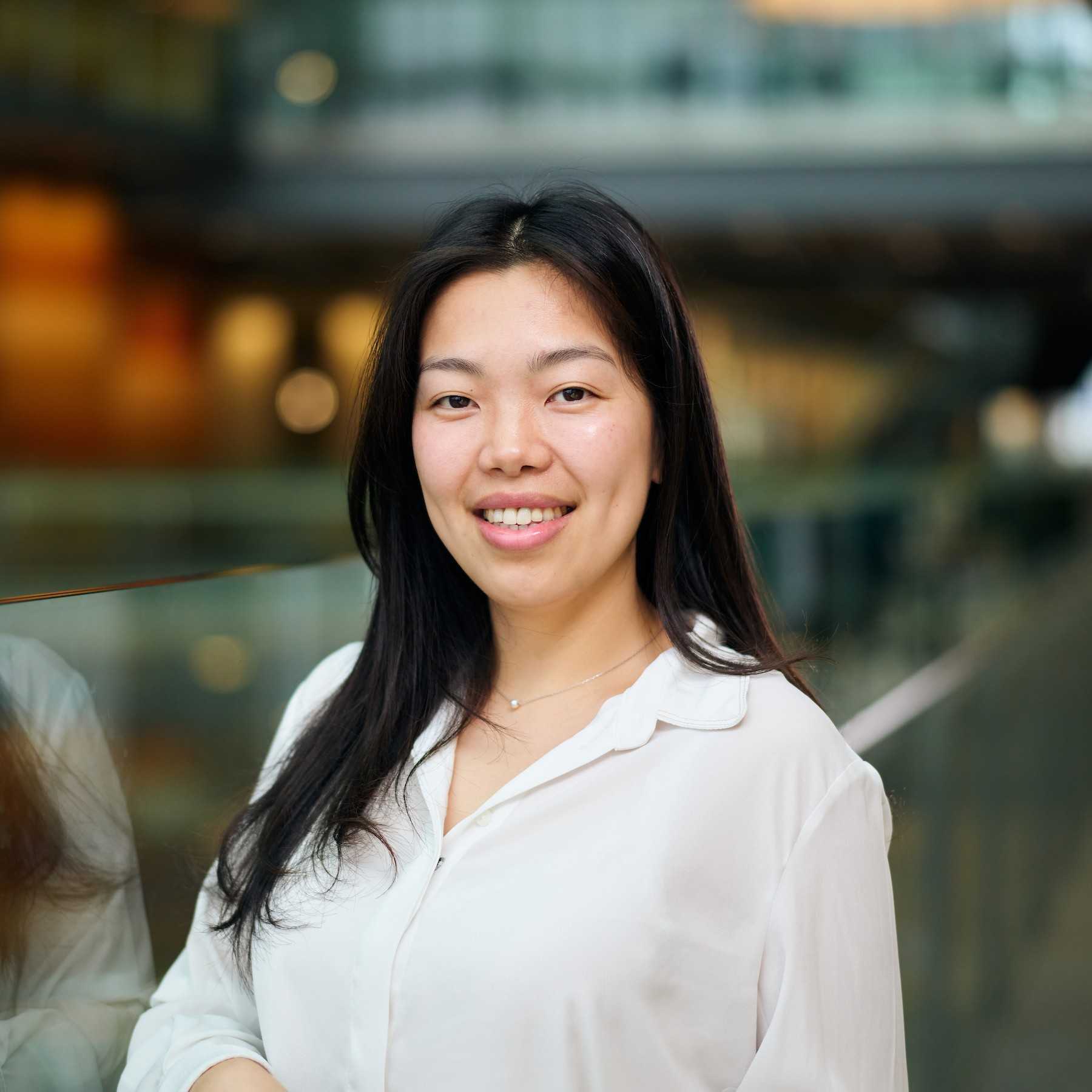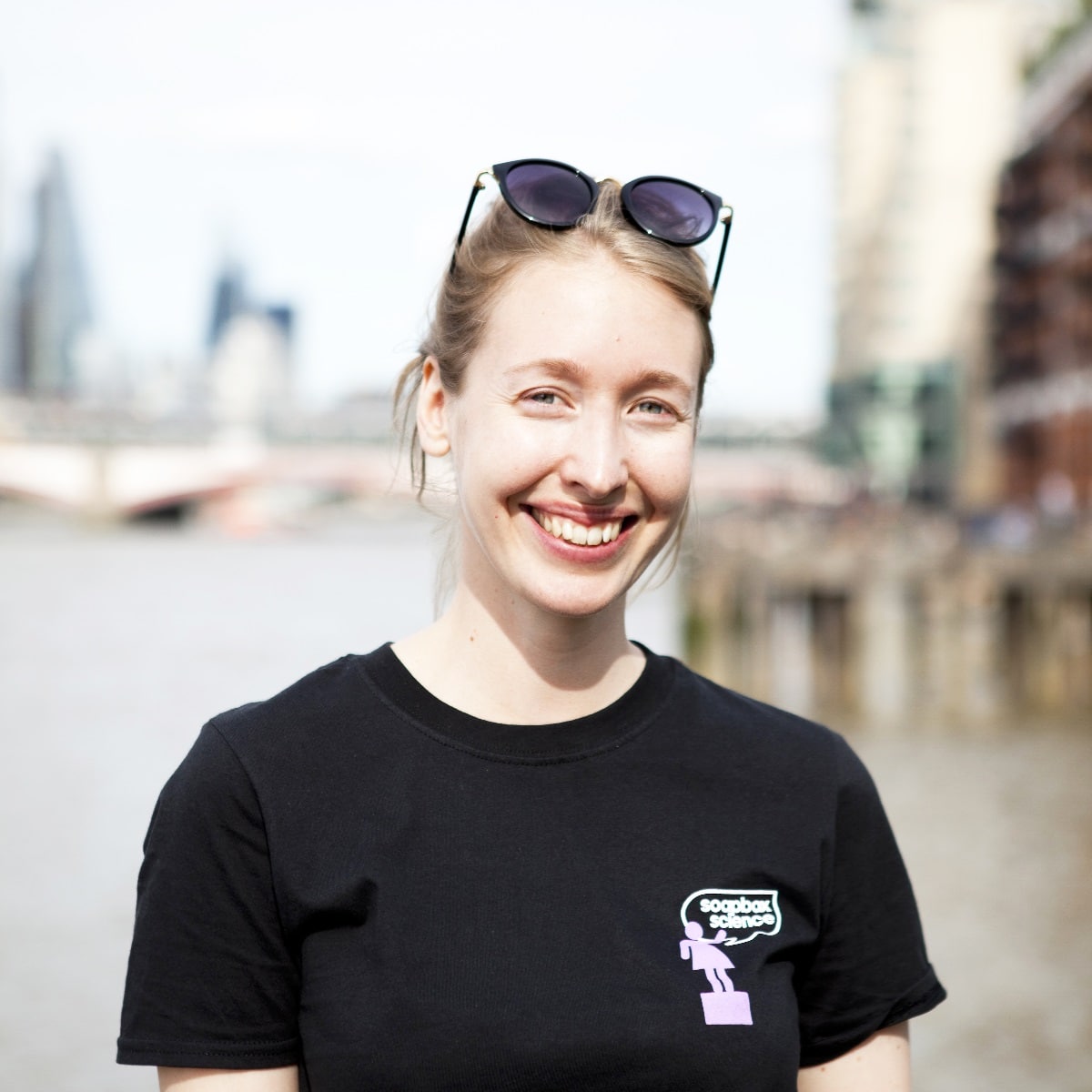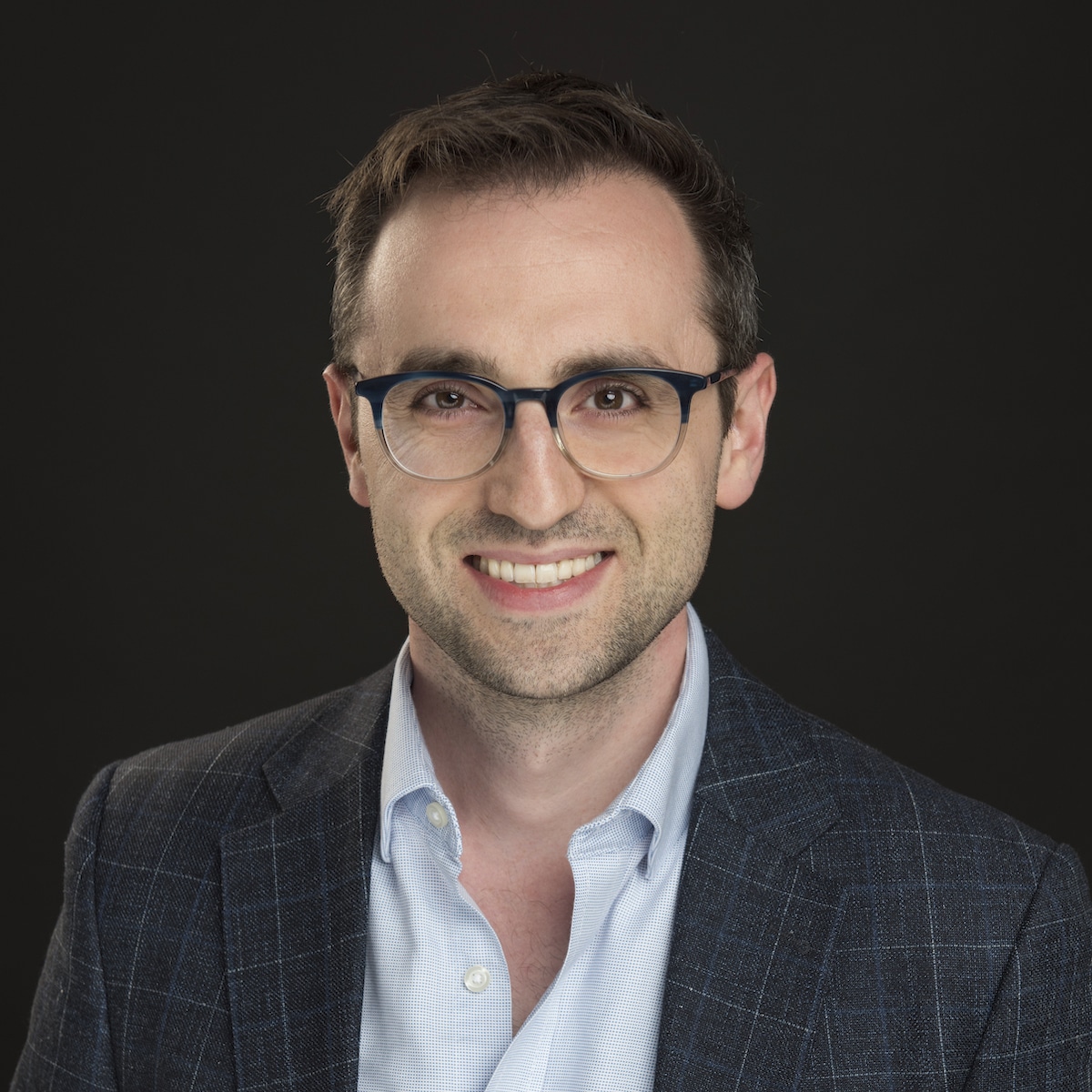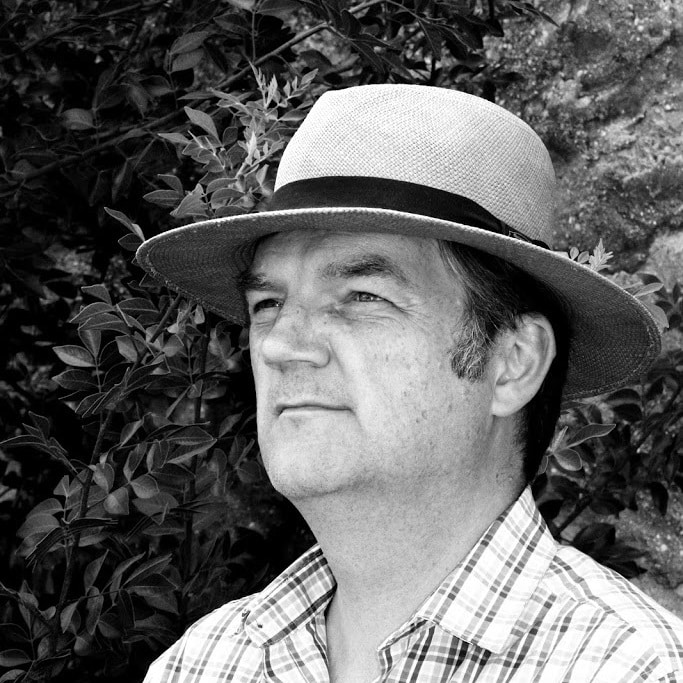Fostering innovation requires more than just tools – it demands unique ways of bringing people together. One of Digital Science’s most intriguing initiatives is our longstanding collaboration with Science Foo Camp (Sci Foo), an “un-conference” that challenges traditional meeting formats. Encouraging collaborative, cross-disciplinary conversations can help researchers explore new perspectives and form connections that fuel the development of fresh, impactful ideas. Here Sci Foo veteran Cat Allman gives the big picture of what this can look like – literally!
Digital Science is all about supporting the development of new ideas by providing tools and services for researchers. One of the more unusual ways we do this is our long-term engagement with the annual Science Foo Camp (Sci Foo) and its global alumni community. We’ve worked with O’Reilly Media (“FOO” stands for Friends of O’Reilly), Google and Nature since 2006 to bring together scientists from across the disciplines and others working in related fields for an “un-conference” to discuss new ideas around science broadly defined.
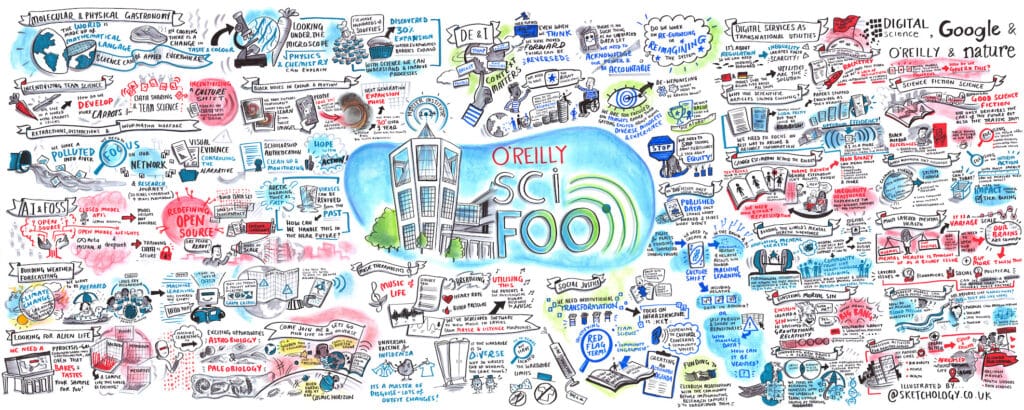
“What the heck is an ‘un-conference’?”
For anyone not already familiar, “un-conference” refers to a gathering where the participants create the agenda and content on the spot. The idea is that immediacy and spontaneity surface what people are currently working on or thinking about in a format that encourages collaborative conversations. Think of it as the “hallway track” at regular structured conferences: the people you meet and conversations that you fall into during meals and breaks that are so often more interesting and useful than the formal sessions presenting finished work. There are many variations on the un-conference format, some even more free form than Sci Foo and some structured to produce immediate output in the form of white papers, documentation of best practices, team goals, etc, in use by organizations like Microsoft, NASA and NGOs around the world.
The concept is neither unique to Sci Foo or new. While it is often credited to Harrison Owen’s seminal work in the 1960’s formalizing “Open Space Technology”, I think the idea is much older. Long before the Macy conferences began in 1941 there was the groundbreaking gathering in Berlin in 1828 that set the stage for interdisciplinary science gatherings.
“In September 1828 Alexander von Humboldt invited hundreds of scientists from across Germany and Europe to attend a conference in Berlin. Unlike previous such meetings at which scientists had endlessly presented papers about their own work, Humboldt put together a very different programme. Rather than being talked at, he wanted the scientists to talk with each other. Humboldt encouraged scientists to gather in small groups and across disciplines. He connected the visiting scientists on a more personal level, ensuring that they forged friendships that would foster close networks. He envisaged an interdisciplinary brotherhood of scientists who would exchange and share knowledge. ‘Without a diversity of opinion, the discovery of truth is impossible,’ he reminded them in his opening speech.” From The Invention of Nature: Alexander von Humboldt’s New World, Andrea Wulf.
Not quite 200 years later, Science Foo Camp (Sci Foo) works on the same principle: invite between 200-300 people working across the spectrum of sciences and technology, theoretical and applied, to come together and share their interests over a weekend un-conference. Include people working in science-related policy, ethics as well as the arts to gain additional perspectives. Keep the experience convivial and relaxed with physical spaces designed to facilitate low friction interaction and provide some hands-on activities that encourage open conversation – all while feeding the participants thoroughly and well. Sharing a meal is always an important part of building social connection.
Over the past 19 years more than 2500 people from 60+ countries have gathered, in person or online during the pandemic and beyond, to participate in the annual event as well as online sessions and Lightning Talk rounds held with our alumni network of past attendees. 2024 stands out as the first time Sci Foo was held outside of Google offices in California. Cambridge University in the UK was chosen as part of our continuing efforts to increase the diversity of our participants, with Americans *not* making up the majority for the first time since we began. Our plan is to continue to hold Sci Foos in other parts of the world to share the travel burden (time zones!) more equitably.
Sci Foo’s overall focus continues to be on building long-term collaboration between people who might otherwise not meet in a professional context. Tim O’Reilly likes to call it “Building new synapses in the global brain.” We like to think we’re making science better by helping people make new friends and colleagues with whom to create new ideas.

